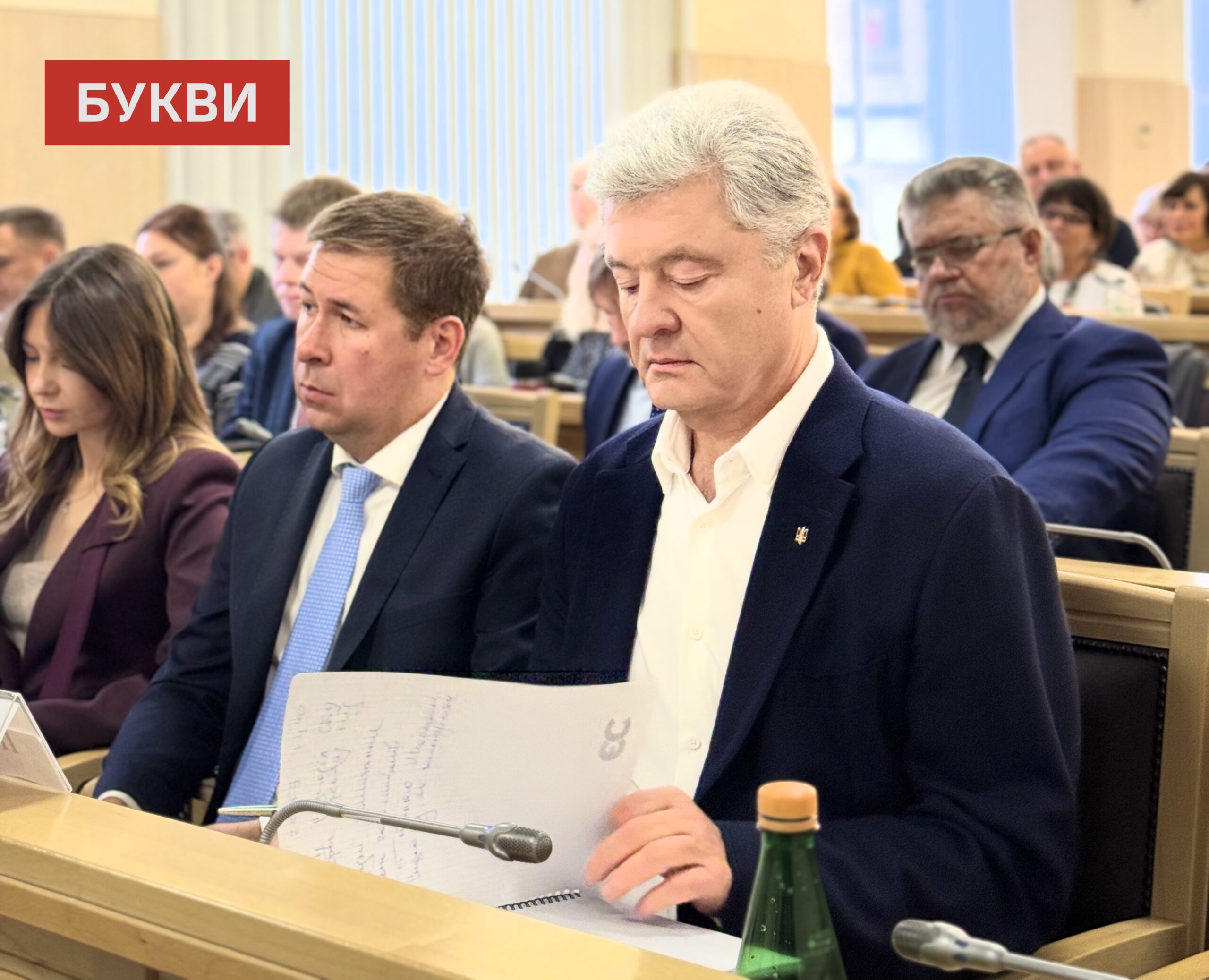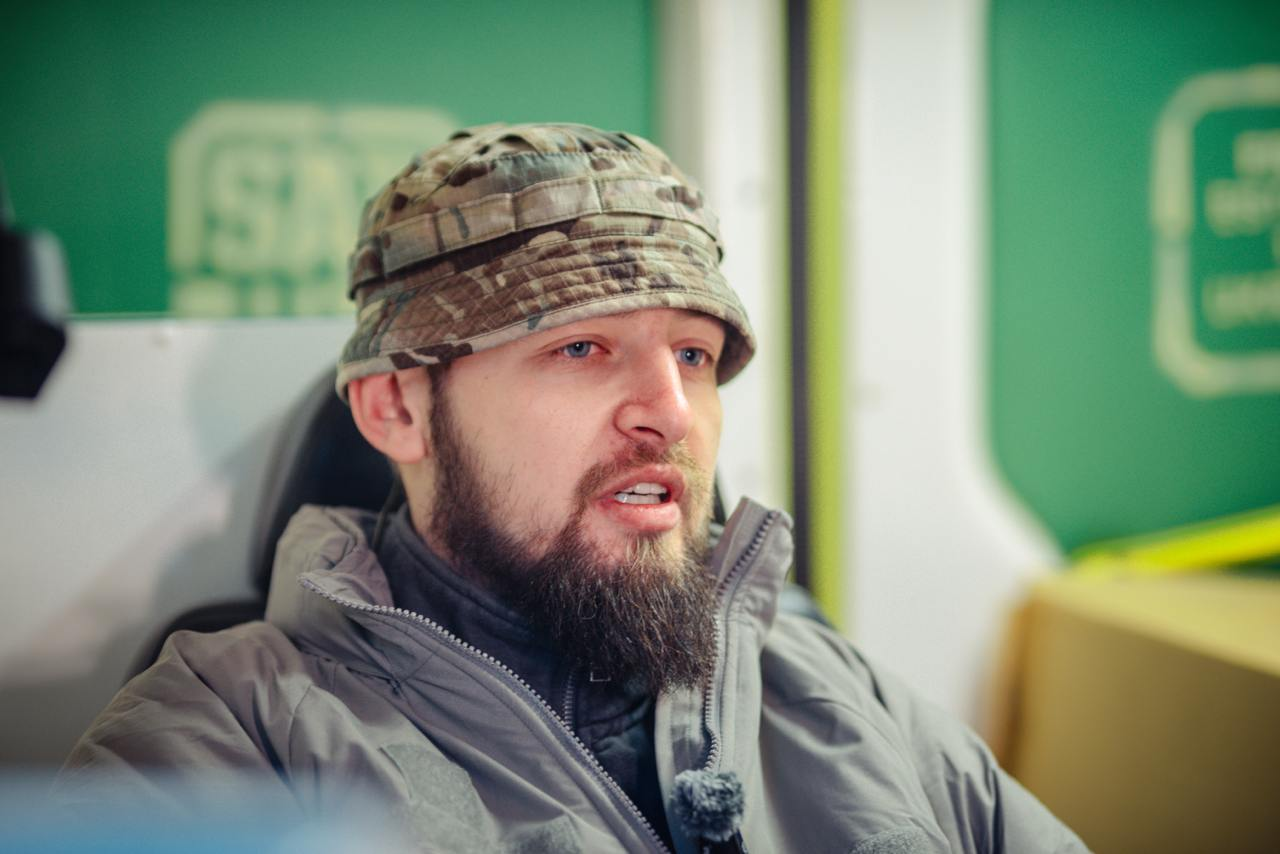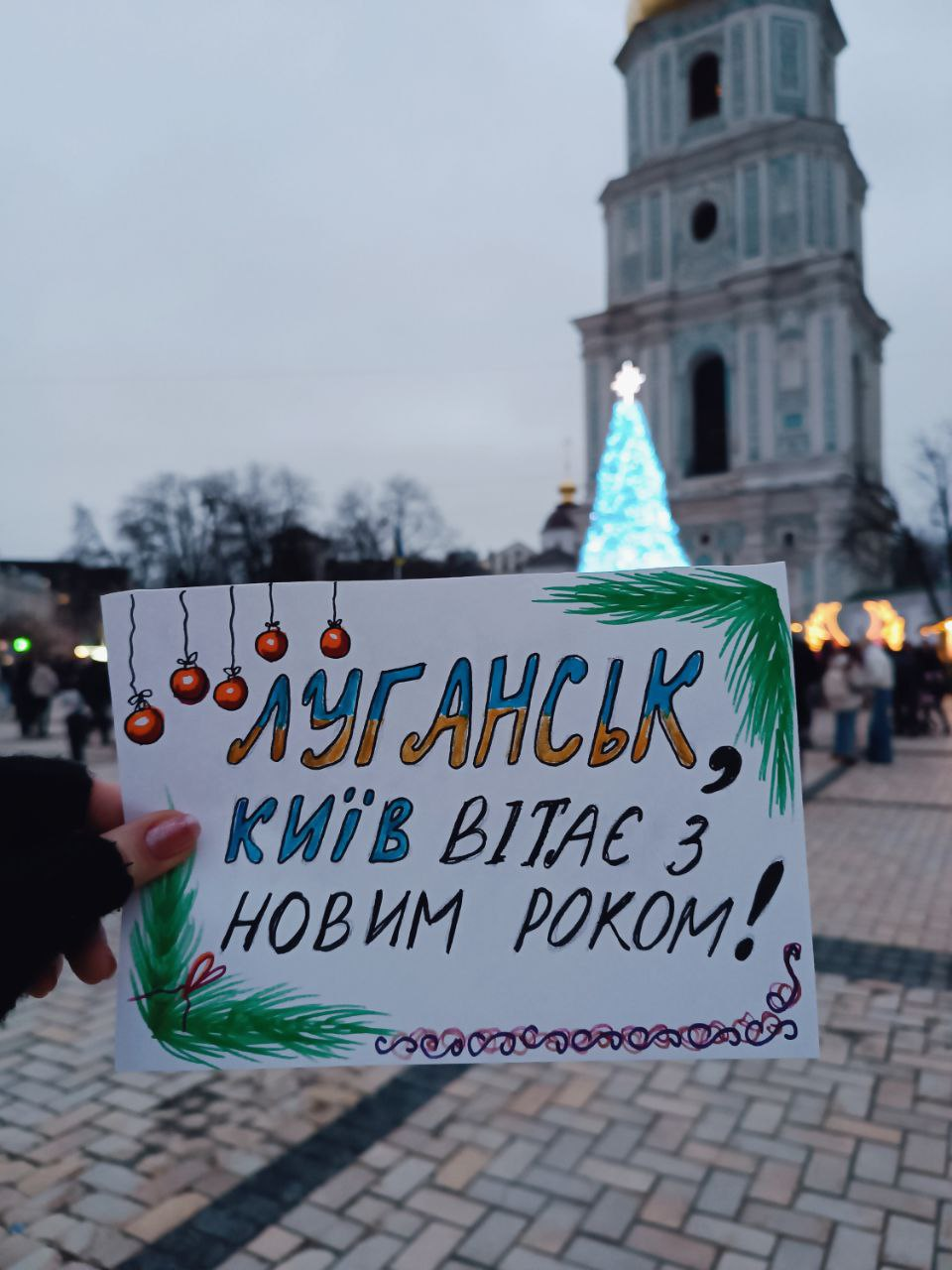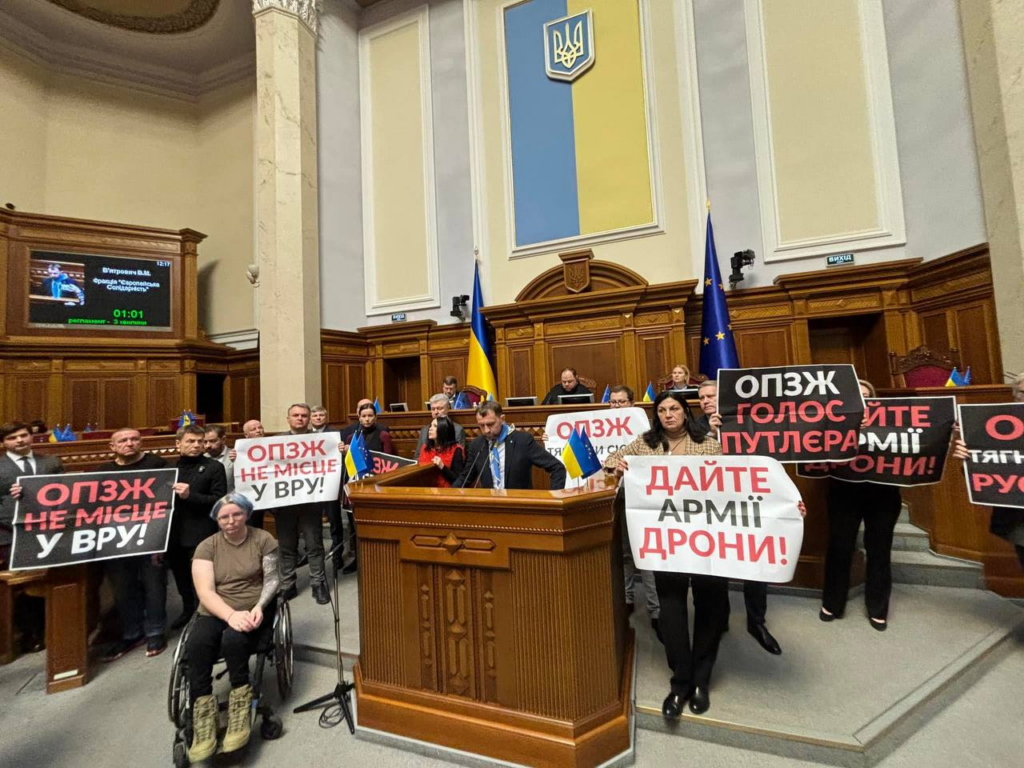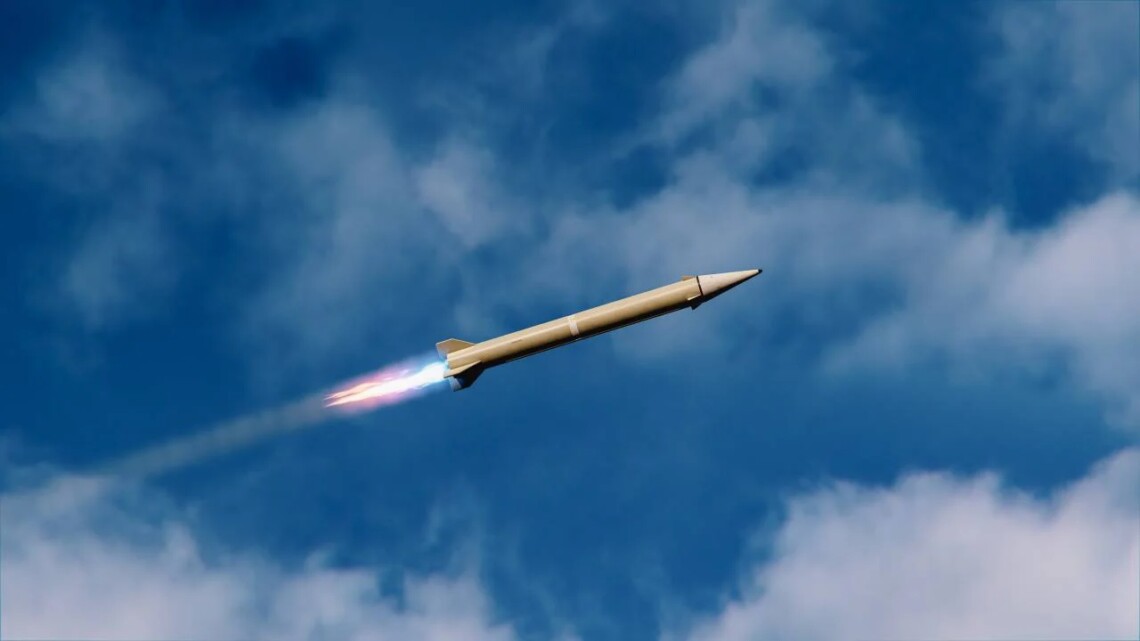Russia develops a network of reeducation camps for Ukrainian children – reports
Source: Regional Center for Human Rights/Facebook
Investigation by Ukraine’s Regional Center for Human Rights has identified the locations of Russian “reeducation camps” for Ukrainian children. At least, 13 such facilities have been found in occupied Ukrainian territory, 18 in Belarus, and 67 in Russia.
The growing number of such ‘reformation’ estalishments comes as a blatant attempt to “erase national identity, forcibly assimilate Ukrainian children” turning them into a tool for “Russia’s geopolitical objectives”.
Promoted as camps for children’s “recreation” or “rehabilitation”, they subject children to “intense propaganda fostering loyalty to their new homeland.” Children are also taught military skills in line with the standards of conscript soldier training.
In 2024, Russia’s goverment has reportedly increased funding of such camps by 11.6% compared to last year – it now stands at 76.8 billion rubles. According to statements from the occupation administrations, at least 40,000 Ukrainian children were sent to these “reeducation camps” during the summer of 2024 as part of the “Useful Vacations” project—almost twice as many as the previous year. Children from the occupied territories visited Moscow, St. Petersburg, Rostov-on-Don, and Tula as part of programs like “Cultural Map 4+85,” “Youth Route,” and “University Shifts.”
Moscow is actively expanding its network of “reeducation camps” in the occupied Ukrainian regions – it even opened a branch of the occupied “Artek” camp in Berdyansk, Zaporizhzhia region. Another factor that contributes to ‘militarization’ of Ukrainian children is activities of “Akhmat” Peoples’ Friendship Academy and the “Warrior” center, led by Chechen goverment. Chechen officials launched a program called “Heroes’ Hour,” that sees Ukrainian children taught to shoot rifles, parachute, operate drones, and lay mines.
Human rights activists believe that such political indoctrination and militarization are international crimes that demand more decisive action.
Rinat Akhmetov’s military initiative, “Steel Front”, has delivered a batch of drones worth UAH 214 million to the 1st “Azov” Corps of the National Guard of Ukraine. This shipment is part of the Metinvest Group’s ongoing support for the unit in 2025.
On October 6, the Administrative Cassation Court within the Supreme Court of Ukraine continued hearing case No. 990/80/25, in which the fifth President and leader of the party “European Solidarity”, Petro Poroshenko, seeks to have Presidential Decree No. 81/2025 from February 12, 2025 — enacting sanctions by the decision of the National Security and Defense Council (NSDC) — declared illegal and annulled. The plaintiff claims the document was falsified and that the sanctions are a tool of political persecution of the opposition, contrary to international norms. Government representatives deny the allegations and insist their actions were lawful. Journalists of Bukvy were present at the hearing.
Rinat Akhmetov’s Metinvest Group has completed the construction of an upgraded underground NATO Role 2 hospital in one of the hottest sectors of the frontline. This is the second stabilization point established under the Steel Front initiative in cooperation with the Medical Forces of the Armed Forces of Ukraine. The new facility, funded by Metinvest with an investment of UAH 21 million, is more secure than the first one thanks to its deeper location underground (over 6 meters) and additional fortifications.
Five armored vehicles “Kozak” have received a new mission – thanks to the support of Metinvest, they have been upgraded to full-fledged command and staff vehicles. These upgraded vehicles are now operating on the front line.
A kamikaze drone flies directly toward an armored personnel carrier. But instead of penetrating the hull, it explodes on a steel screen. The crew survives. This is the new reality for Ukrainian forces, who have received enhanced protection thanks to the Metinvest project within “Steel Front of Rinat Akhmetov”.
